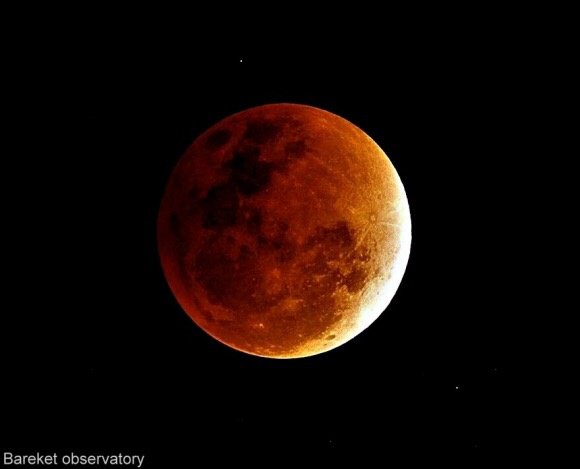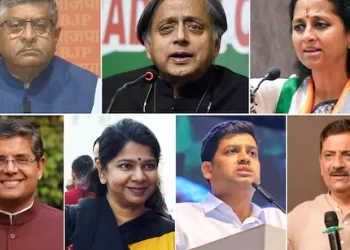While people have been starving themselves during solar/lunar eclipses for many years, astronomers, doctors, and rationalists disagree with popular myths about the natural phenomenon.
One of the most widely followed superstitions in India is ‘do not eat during eclipse.’ The commonly held belief is that ‘Rahu,’ the demon God, eats the Sun/Moon. If you consume anything during that time, you are committing a sin and the food becomes poisonous.
This story has evolved over time into a more credible one: Gravitational pull affects food digestion during eclipse. Pregnant women are also advised not to go out and eat or drink for fear of harming the fetus.
However, the Indian Institute of Astrophysics (IIA), Bengaluru has stated, “Eclipses do not have any harmful effects on human beings, and it is perfectly safe to go out, eat, or drink during the eclipse.”
On November 8, 2022, there will be a total lunar eclipse (17 Kartika, 1944 Saka Era). At the time of Moonrise, the eclipse is visible from all parts of India. The eclipse will begin at 2:39 p.m., with the total eclipse beginning at 3:46 p.m. The total phase ends at 5:12 p.m., and the partial phase ends at 6:19 p.m.
Because the eclipse will be in progress before Moonrise, the beginning of the partial and total phases will be invisible from anywhere in India. The final phase of both the total and partial phases is visible from the country’s east.
Only the end of the partial phase can be seen from the rest of the country. This eclipse will be visible in South and North America, Australia, Asia, the North Atlantic Ocean, and the Pacific Ocean.
According to NASA, it is perfectly safe to look directly at a lunar eclipse. Unlike solar eclipses, lunar eclipses do not impair vision.
Source:OCN







 Finance
Finance






